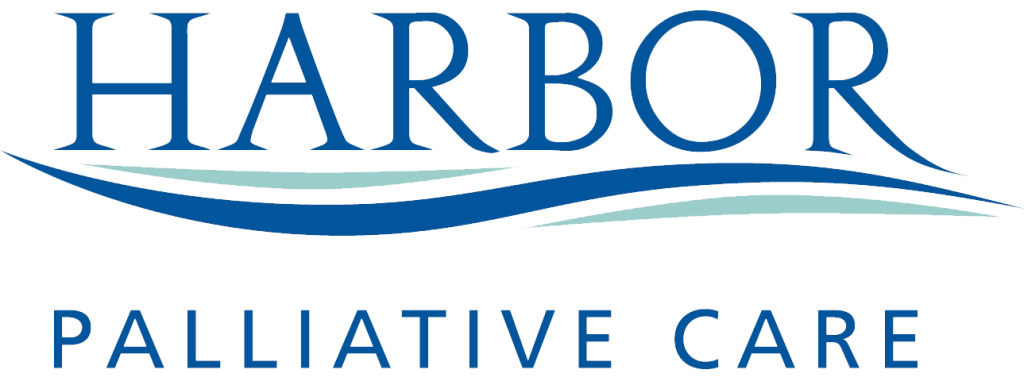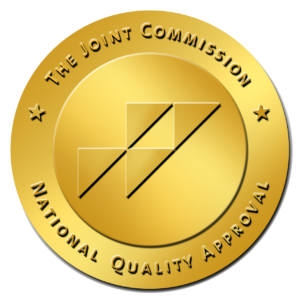Home » Palliative Care Overview
Your Choice for Palliative Care and Compassionate Support
Giving you comfort, hope, and time when you’re coping with a serious illness or medical condition.

Enhancing Quality of Life so You Can Make the Most Out of Every Moment
If you’re coping with a serious illness or medical condition, our Harbor Palliative Care team can help ease the symptoms and side effects you are experiencing caused by your medical condition or treatments such as chemotherapy or radiation. Our specially trained physicians, nurses, nurse practitioners, social workers, and support staff will partner with you to improve your quality of life. They will address issues such as pain, nausea, anxiety, fatigue, and loss of appetite, so you can resume enjoying the people and activities you love.
The Palliative Care Team
Our Harbor Palliative Care team specializes in providing supportive health care for patients who have a serious or chronic illness and are experiencing difficult symptoms such as pain or fatigue. They will also address uncomfortable side effects that sometimes accompany medical treatments. If you are dealing with a serious medical condition or undergoing treatment that is causing you discomfort, our palliative care team will work with you and your doctor to help you remain as active and comfortable as possible.


Advance Care Planning
Plan ahead by sharing your wishes for future medical care. Our specialists can help you create a personalized plan to guide your loved ones and doctors, while you are able, to make decisions about your care.

Palliative Care FAQs
We’ve answered some common questions about palliative care. If you have more questions, our palliative care team is here to help you. Feel free to call us at 231-722-0382 or 800-497-9559.

Palliative Care Resources
We provide a variety of solutions, skilled care, and compassionate support for our palliative care patients and their families. We are just a phone call away if you have any questions or would like more information.
Palliative Care or Hospice Care: Which Is Right for You?
Both palliative care and hospice care treat the symptoms of a serious illness and are meant to enhance a patient’s quality of life by focusing on increasing their comfort.
Hospice care focuses on a patient’s quality of life when a cure is no longer possible, or when the burdens of treatment outweigh the benefit. You can be enrolled in hospice if your doctor thinks you have fewer than six months to live.
Palliative care is a resource for anyone living with a serious illness. Palliative care focuses on easing pain and discomfort, reducing stress, and helping you have the highest quality of life possible.
An Easier Journey With Palliative Care
When Samantha started to have serious pain while being treated for metastatic breast cancer, her doctor suggested she meet with members of our Harbor Palliative Care team.


Paying for Palliative Care
Palliative care services are provided at no cost to our patients because we know how vital these services are. We rely on the community and generous donors to help us cover these costs. Contact us today to learn more about paying for palliative care.







